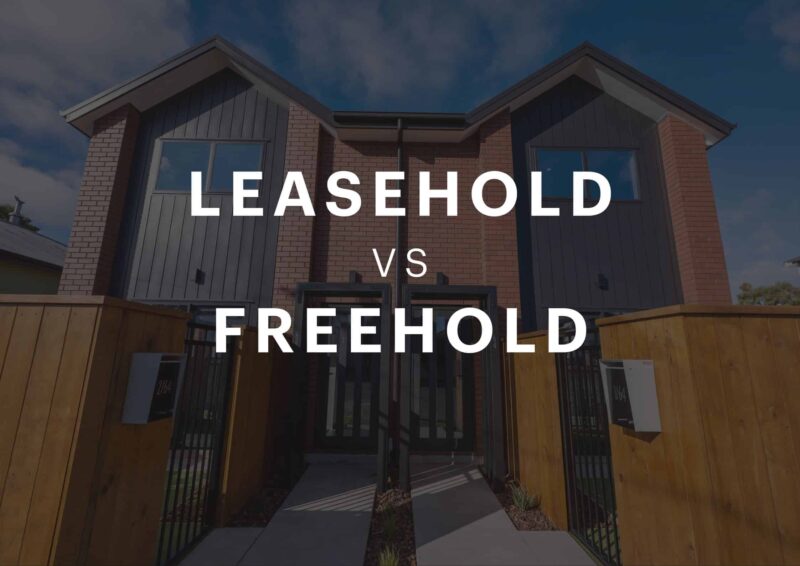In the vibrant city-state of Singapore, the real estate landscape presents a fascinating dichotomy: freehold and leasehold properties. For prospective homeowners and investors, the choice between these two types is far from simple.
Each offers distinct advantages and potential drawbacks that can significantly influence long-term satisfaction and financial returns. Freehold properties provide enduring ownership, a sense of permanence that appeals to many.
In contrast, leasehold options can offer more affordable entry points into the property market, especially in a competitive environment where prices are continually on the rise. As we embark on this exploration of freehold versus leasehold, we’ll navigate the multifaceted considerations that go into making the right choice for your lifestyle and investment goals.
From understanding the implications of ownership duration to evaluating potential resale values, this guide aims to equip you with the insights needed to make an informed decision in Singapore’s dynamic property scene.
Understanding Freehold Properties

Understanding freehold properties is essential for anyone considering an investment in Singapore’s dynamic real estate landscape. A freehold property is one where the owner possesses the land and the building on it indefinitely, granting them full control over their asset without the constraints of a lease.
Imagine owning a slice of Singapore that’s truly yours—a fortress of stability amid an ever-evolving urban scene.
This sense of permanence is what makes visiting a development such as the Skye at Holland showflat so appealing to potential buyers. It offers a tangible glimpse into the lifestyle and long-term value that freehold ownership can provide in one of the city’s most coveted neighborhoods.
This ownership model provides not just security, but also a sense of pride and freedom that can be invaluable. However, it often comes with a price; freehold properties tend to be more expensive than their leasehold counterparts.
Thus, potential buyers must weigh the allure of long-term investment against budget considerations and personal goals, choosing a property type as a significant decision in their financial journey.
Exploring Leasehold Properties

Exploring leasehold properties in Singapore unveils a unique landscape of ownership that contrasts sharply with freehold arrangements. Leasehold properties grant buyers the rights to occupy and use the land for a fixed period, typically ranging from 30 to 99 years, after which ownership reverts to the state.
This concept can seem daunting at first—imagine securing a beautiful apartment that feels like home, yet with an expiration date looming in the background. However, leasehold properties often come with lower entry costs, making them accessible to a wider range of buyers, especially first-timers.
Additionally, as the lease diminishes, the price can decline too, which introduces an intriguing dynamic in the property market. Understanding the implications of a leasehold commitment is crucial; buyers must balance the allure of affordability against the eventual need to navigate renewal options or potential resale challenges.
Ultimately, considering leasehold properties means embracing both opportunity and responsibility, as your investment journey unfolds within the framework of time-bound ownership.
Conclusion

In conclusion, choosing between freehold and leasehold properties in Singapore ultimately depends on your personal preferences, investment goals, and lifestyle needs. Freehold properties offer the allure of long-term ownership and the potential for greater appreciation, appealing to those who value permanence and legacy.
On the other hand, leasehold properties often present an attractive entry point into Singapore’s vibrant real estate market, particularly for investors or first-time buyers seeking lower initial costs and flexibility. As you weigh your options, consider visiting developments like Skye at Holland, where you can explore a blend of modern living and strategic investment potential.
By understanding the key differences and benefits of each property type, you can make an informed decision that aligns with your aspirations in this dynamic city.


